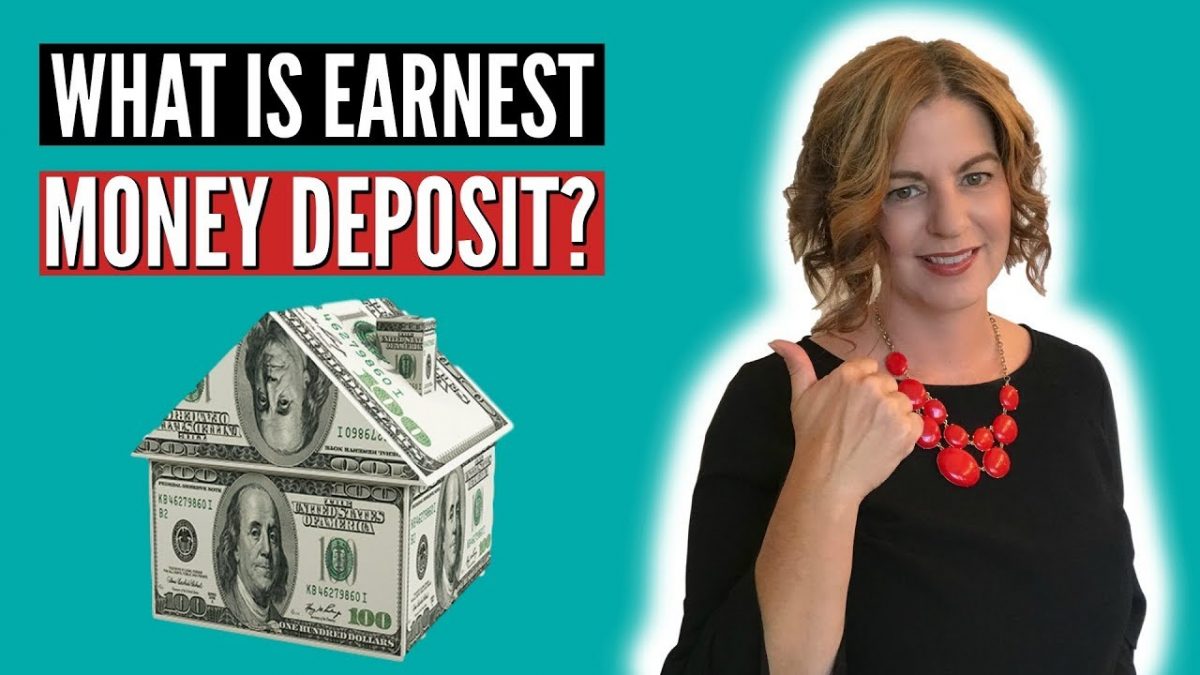
What are Contingencies in a Contract When Buying a Home
July 10, 2019
Mortgage Pre-Qualification Versus Pre-Approval
July 10, 2019What is Earnest Money Deposit When Buying a Home

What is Earnest Money Deposit When Buying a Home?
What is an earnest money deposit when buying a home? The earnest money deposit is an important part of the home buying process. It is different from a down payment and often a lot less. It’s basically a good-faith gesture and says to the seller that you are serious about purchasing the home.
Sellers rarely accept offers without earnest money deposits. Assuming that all goes well and your offer is accepted by the seller, these funds will go toward the down payment and sometimes your closing costs.
How much should you put down in the earnest money deposit?
The amount you’ll pay for your earnest money deposit will depend on what the seller requires. On average, however, you can expect to hand over 1-2% of the total purchase price of the home.
When do you make an earnest money deposit and who holds it?
After your offer is accepted and you sign the purchase agreement, you give your deposit to the title company. After turning over the deposit, the funds are held in an escrow account until the home sale is in the final stages. Once everything is ready, the funds are released from escrow and applied to your down payment.
How to keep your earnest money
There are a number of ways to lose your earnest money, but the key to keeping it is preparation. Preparation means knowing related deadlines and adding contingencies in your purchase agreement. Make sure that the purchase agreement covers how a refund is handled.
Contingencies allow you to build “get-out” clauses into the deal. Many unforeseen events can arise during the closure process. While you might not have any idea what they are, a contingency protects you against them.
Some contingencies include:
- Not able to get financing
- Home fails inspection
- Title search issues
- Unable to appraise home
Navigating the various earnest money caveats isn’t something you have to do alone. As your Realtor I will help answer any questions and negotiate contingencies that are favorable to you. But doing some research can go a long way to ensuring your earnest money is not lost.
STEPS TO THE HOME BUYING PROCESS
Subscribe to our YouTube Channel: http://bit.ly/YouTubeOHare



